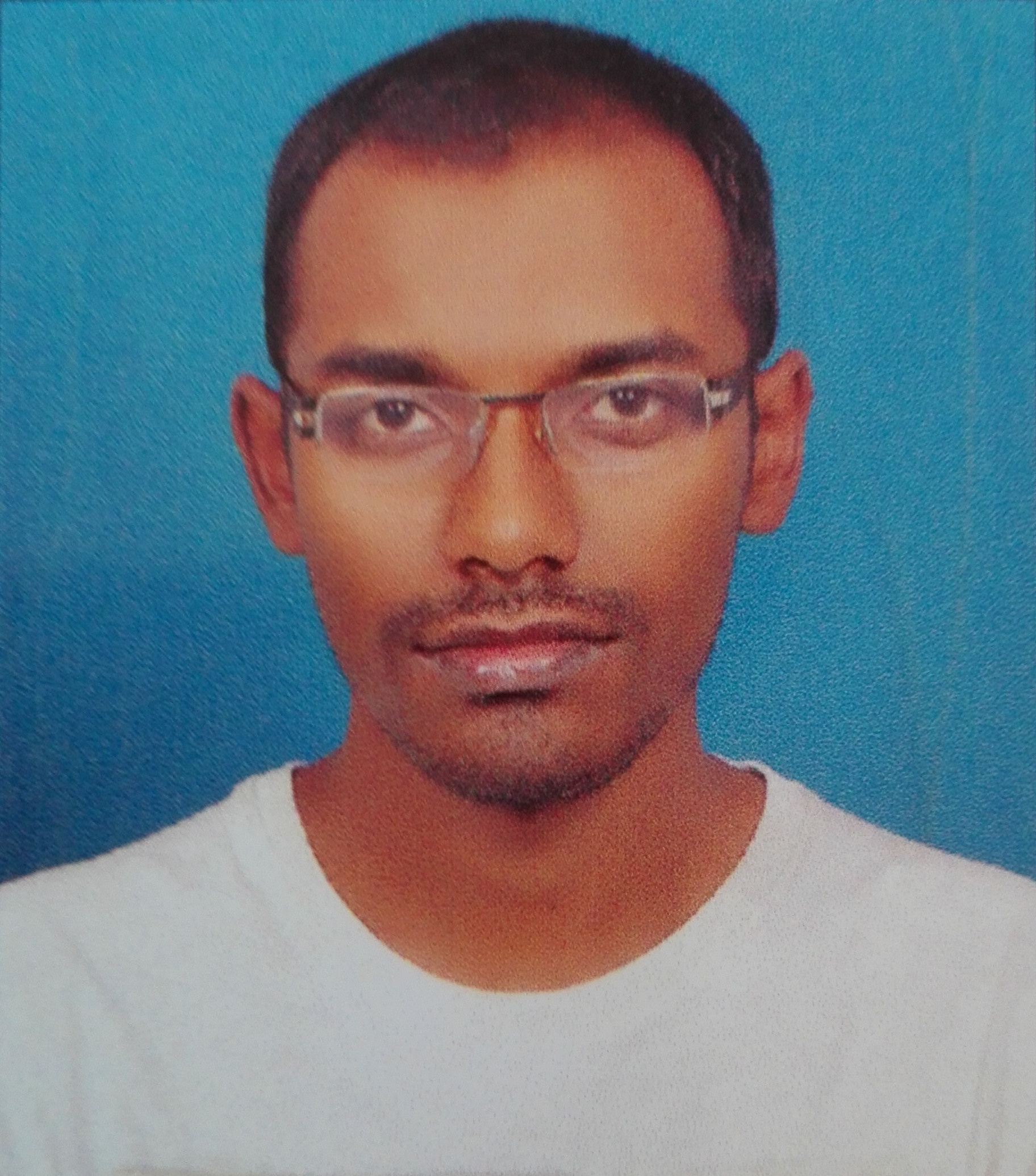

Dr. R. Neethan
Lecturer (On Contract)
Department of Mechanical Engineering
BSc.Eng(Hons)(Jaffna),Ph.D. (NJIT & Rutgers, USA),
AMIE(SL)
Research interests : Biomechanics, Exoskeletons, Musculoskeletal Modeling
neethan@eng.jfn.ac.lk
+94-21-206-0160
Neethan Ratnakumar completed his Ph.D. in Biomedical Engineering in 2025 through the joint program of the New Jersey Institute of Technology (NJIT) and Rutgers University, NJ, USA. His doctoral research focused on engineering simulations and experimental control, combining predictive musculoskeletal modeling, real time testing, and device evaluation to design and optimize hip and hip-knee exoskeletons. By integrating computational approaches with hardware validation, his work aims to create assistive devices that are effective, ergonomic, and adaptable to human movement.
He received his B.Sc. Eng. in Mechanical and Process Engineering from the University of Jaffna in 2017 with First Class Honours, and was awarded the Prof. Mahalingam Gold Medal for best performance in the degree program. Following graduation, he served the University of Jaffna as a Temporary Instructor, Assistant Lecturer, and Lecturer (Prob) until mid 2019. His broader interests include subject specific optimization, adaptive control strategies, and the translation of predictive simulation insights into practical solutions for wearable systems that improve mobility, safety, and ergonomics across healthcare and occupational settings.
Overall: Engineering simulations and experimental control applied to human movement and wearable robotics, with emphasis on enhancing mobility, safety, and ergonomics.
In Detail: His research integrates musculoskeletal simulations, optimization methods, and real time control to study human movement and guide the design of lower limb exoskeletons. These approaches are used to investigate how assistive strategies influence gait mechanics, muscle activity, and energy expenditure, and to translate those insights into practical device control. Experimental testing and hardware validation are closely combined with simulation studies, ensuring that resulting systems are effective, ergonomic, and adaptable to different users. This work also extends to the broader development of assistive devices, bridging computational biomechanics with practical design considerations. The integrated approach lays the foundation for applications in rehabilitation, mobility support, and wearable technologies that enhance human performance across healthcare and occupational contexts.
Lecturer (Contract), Mechanical Engineering
Teaching/Research Assistant, BioDynamics Lab
Visiting Lecturer
Electrical and Electronic Engineering, Introduction to Biomedical Engineering (EC9090)
Visiting Lecturer, Mechanical Engineering, Robotics (MP9030)
Visiting Lecturer
Electrical and Electronic Engineering, Introduction to Biomedical Engineering (EC9090)
Lecturer (Prob), Mechanical Engineering
Asst. Lecturer, Mechanical Engineering
Temporary Instructor, Mechanical Engineering
Research Intern, Rehabilitation Robotics Lab
Intern Mechanical Engineer, Center of Innovation
7th International Digital Human Modeling Symposium
Best Performance in Mechanical Engineering, University of Jaffna
